The UN convened Net Zero Asset Owners Alliance (NZAOA) has called on its 89 members to submit new targets to cut their portfolio emissions by 40-60% by 2030 compared to 2019 levels.
A webinar announcing the launch of the fourth update of their Target Setting Protocol (TSP) on April 18th hosted a panel of asset owner signatories, who emphasised that the years leading up to 2030 are “decisive”, and that “accountable short-term action is critical by all actors”. In the TSP, the NZAOA updated its demands to include short-term emissions targets aligned with IPCC 1.5 degree pathways, to be reported in the 2025 Alliance Reporting Cycle.
The update is a welcome signal that Asset Owners are turning their attention to substantial near-term decarbonisation.
Nonetheless, panellist Udo Riese, ESG Lead at Allianz AIM, cautioned that action on climate in the private sector will only be effective in a policy environment that rewards it: “There is enough capital. The asset owners in the NZAOA want to invest in low carbon solutions. We just need an economic environment in which the low carbon solutions are the best ones in economic terms.”
Riese called on governments to step in to enable this economic environment, “not only for us as investors, but for many real-world companies”.
The protocol was also updated to cover all private markets, including private debt funds, directly held private debt and real estate debt, and residential mortgage loans.
Action Doesn’t End with Engagement
This year, the planet continued to inch closer to critical tipping points, and asset owners continued to invest in fossil fuel expansion against the advice of scientific experts and the long term interests of their shareholders. This contradiction calls into question the effectiveness of a strategy on climate that ends with investor engagement.
The NZAOA’s Theory of Change, published alongside the updated TSP in a new Background Document, suggests that the time has (finally) come for investors who are serious about climate to escalate the climate stewardship practices beyond closed door discussions, and start to really hold companies to account.
The theory of change states that “ultimately, corporate engagement should either lead to desired outcomes or serve to identify the systemic hurdles preventing decarbonisation and indicate where resources should be allocated next.”
It is hard to argue that the decades spent engaging some of the largest listed oil and gas companies has led to an outcome which is aligned with asset owners’ long term interests.
The NZAOA acknowledges that “Bilateral corporate engagement is research-, time-, and effort-intensive for both the inves- tee company and the investor.” There is little reason for asset owners to continue to sink resources into such engagement with companies which continue to invest in expanding oil and gas production and fail to demonstrate an intent to rapidly decarbonise their business.
An Opportunity to Act on Principles
The AGM season is now in full swing, with significant opportunities coming up for asset owners to exercise their proxy rights on multiple key climate votes. All eyes are on the fossil fuel sector, where asset owners can clearly show that they are prepared to put their money where their mouth is.
On May 16th, a group of 16 investors published an open letter calling on six European oil and gas companies to “halt fossil fuel expansion plans and boost investments in sustainable energies”.
The signatory investors, representing more than 780 billion euros in assets under management, pledge to vote against “certain key strategic resolutions at these companies’ 2024 AGMs”, including against the re-election of the board chairman, if the companies do not meet expectations.
French NGO Reclaim Finance recently published a call to investors to vote against TotalEnergies’ Chair of the Board of Directors and CEO, Patrick Pouyanné. In a statement, they said “investors urgently need to react to the ineffectiveness of current engagement practices with TotalEnergies and step up their action at the 2024 AGM”.
In the United States, CalPERS, the biggest public pension plan in the country, is considering a vote against ExxonMobil’s CEO Darren Woods. They cite concerns that the company is seeking to silence shareholders on climate through an aggressive lawsuit against investors who filed a resolution asking the company to publish medium-term emission reduction targets.
Notably, the proxy advisor Glass Lewis has also recommended a vote against Exxon’s lead director, Joseph Hooley, over Exxon’s “unusual and aggressive tactics” to suppress a shareholder climate proposal through the courts.
It seems global investors are aligning with the NZAOA’s conclusion that “engagement is not the suitable approach if the investee company follows a strategic path that cannot be aligned with the investor’s long-term interests.”
It will be increasingly difficult to make a case for NZAOA members’ continued engagement with companies which refuse to cease expanding fossil fuels, and particularly at companies like Exxon which seek to aggressively stifle shareholder discontent over climate.
There is no time like the present to act on principle.





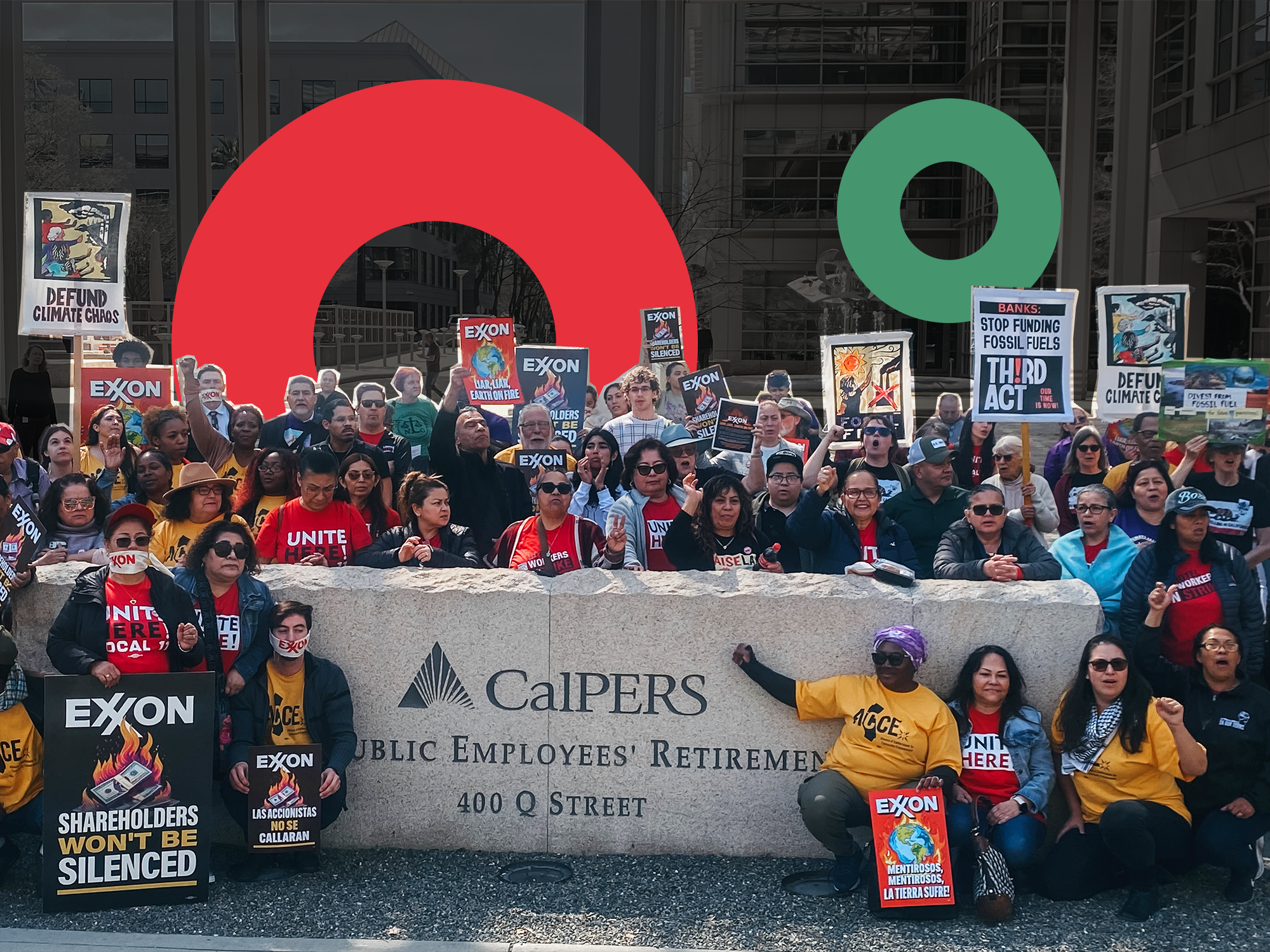

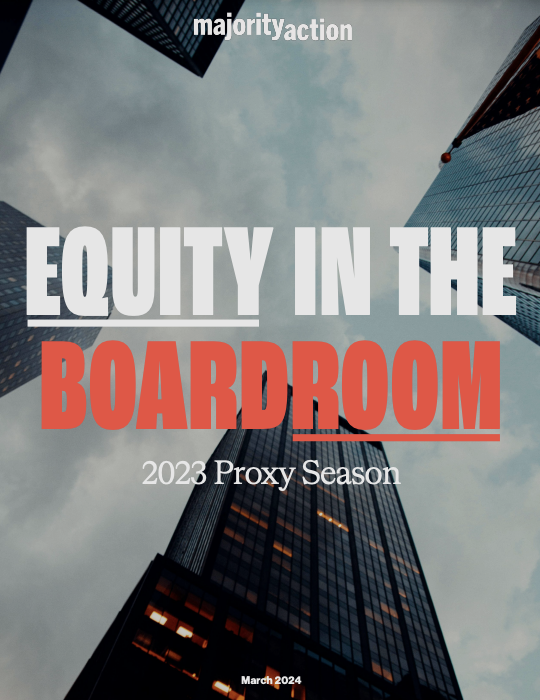


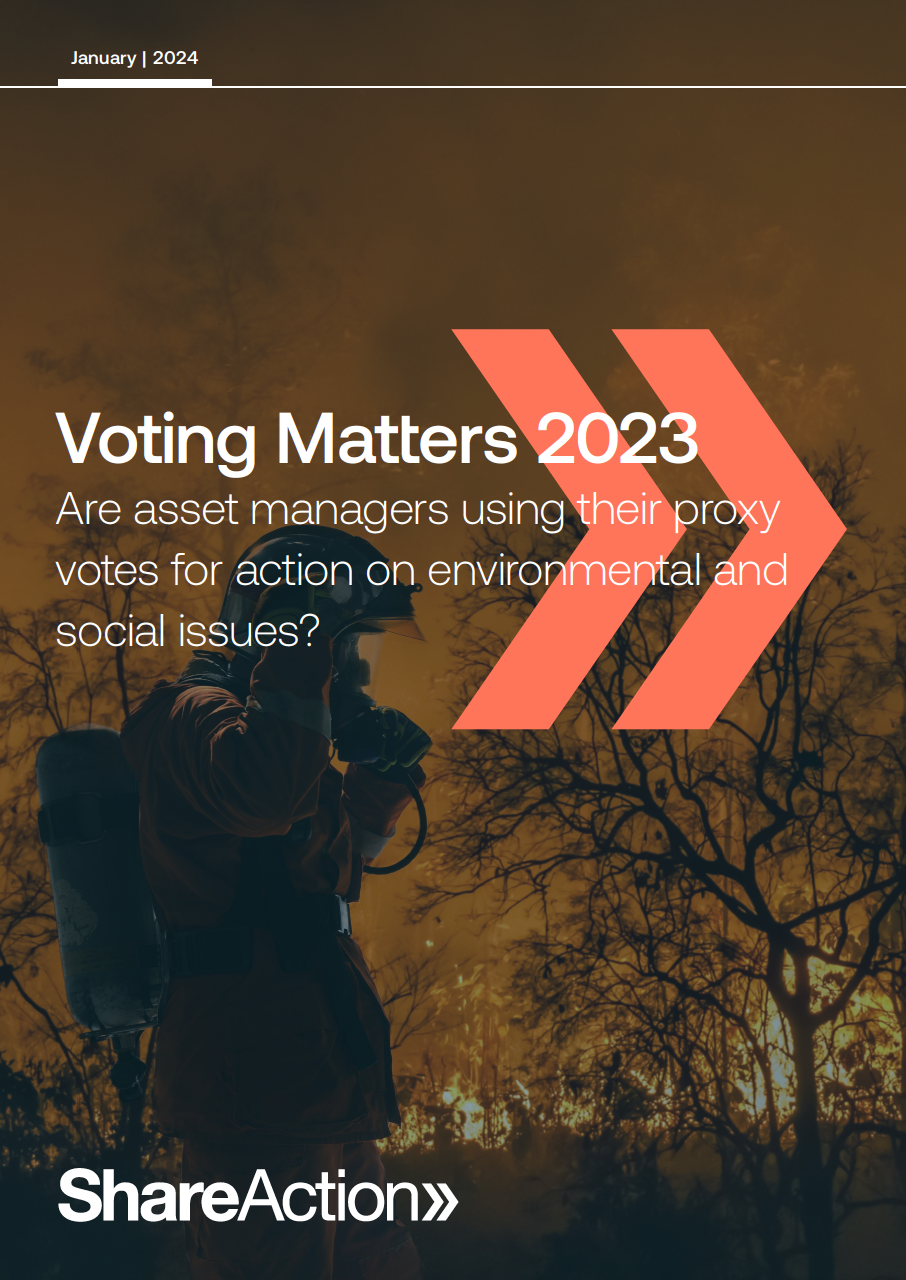



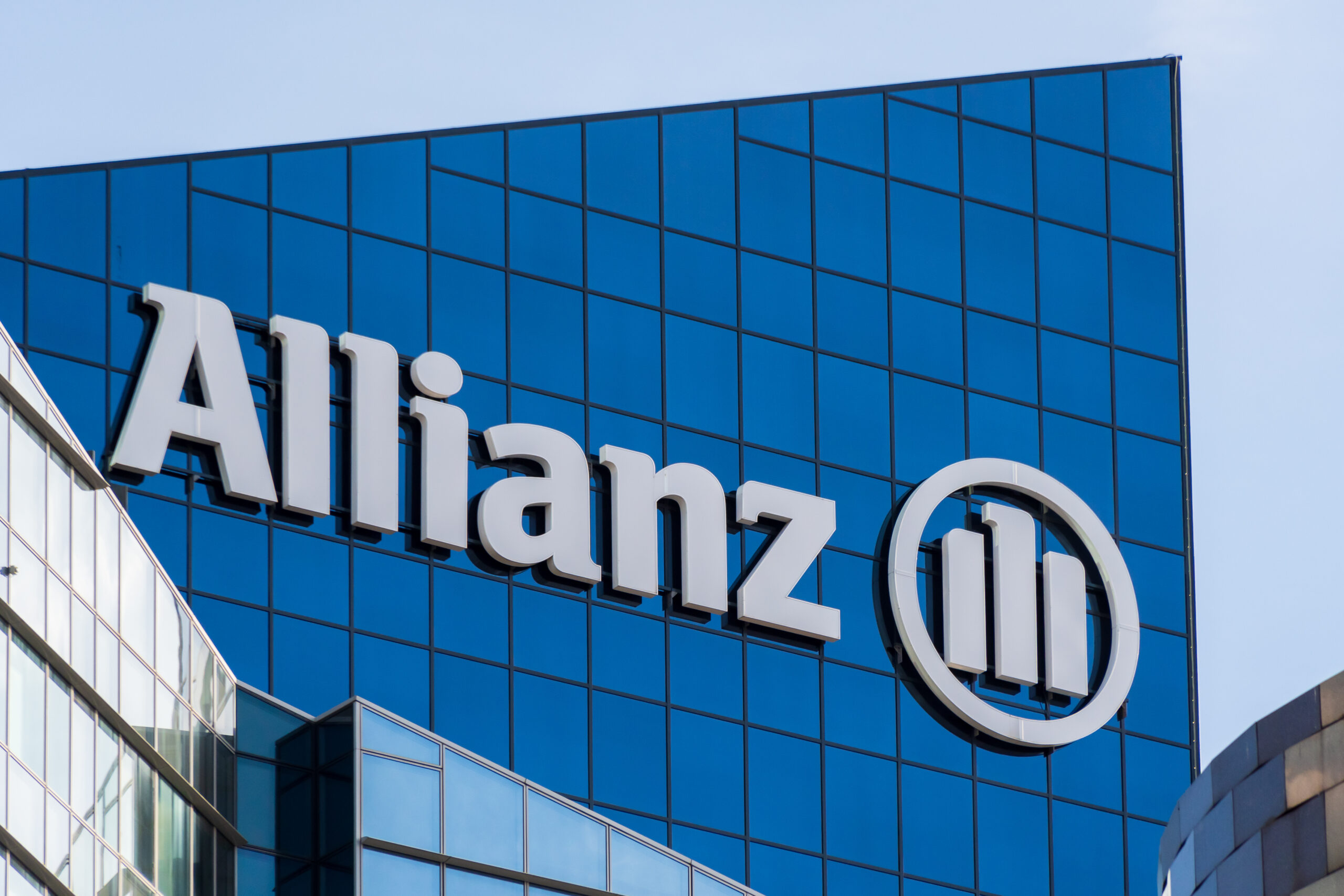









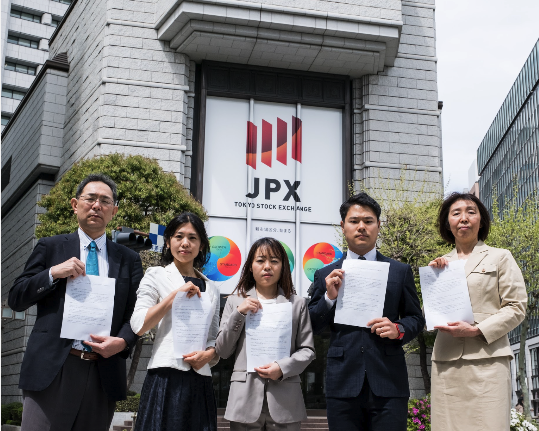



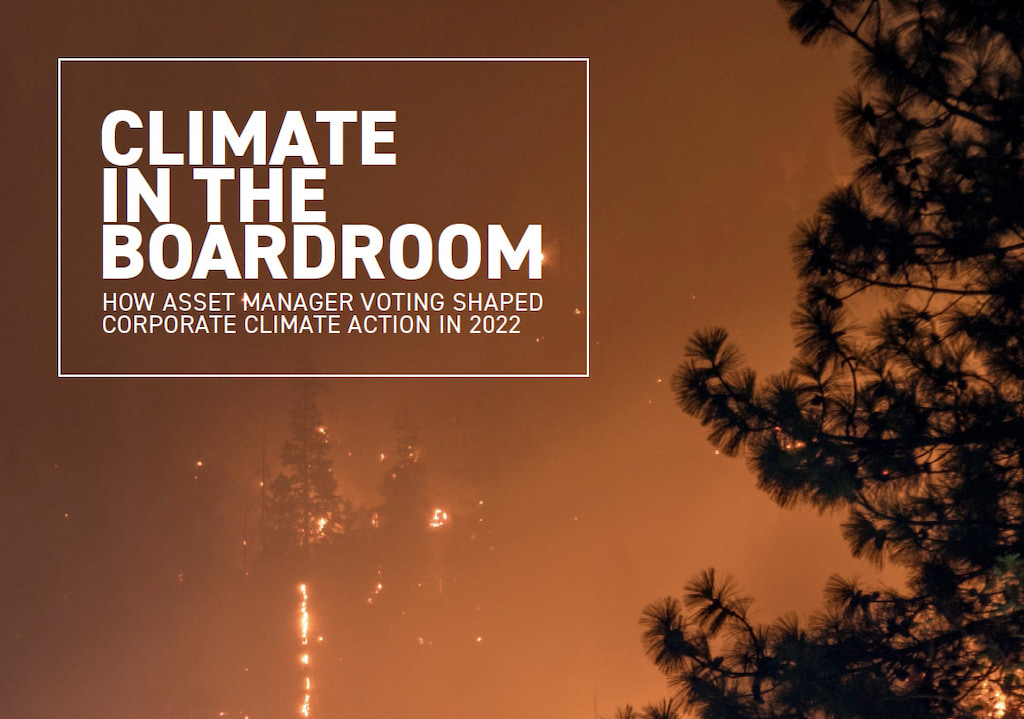






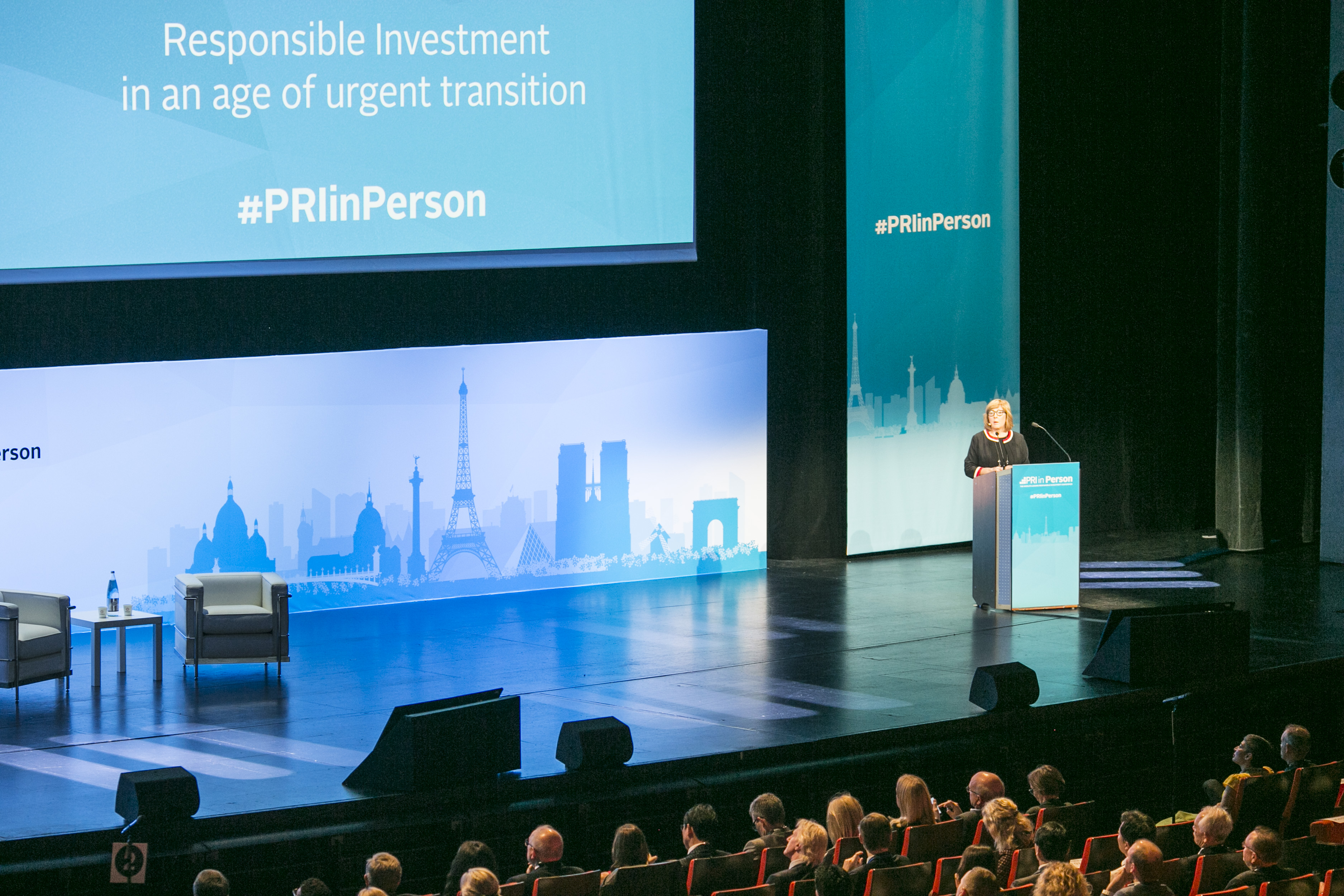










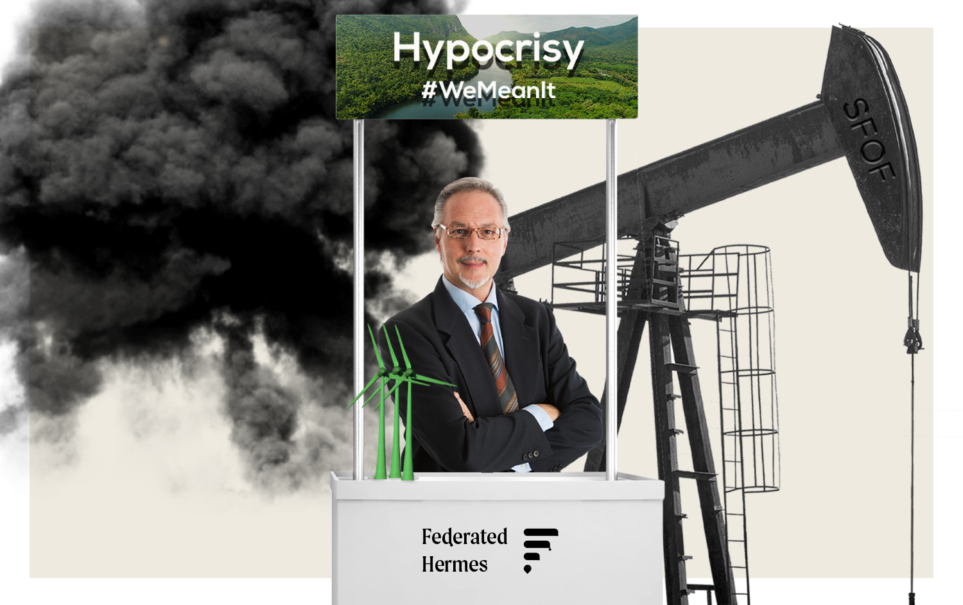














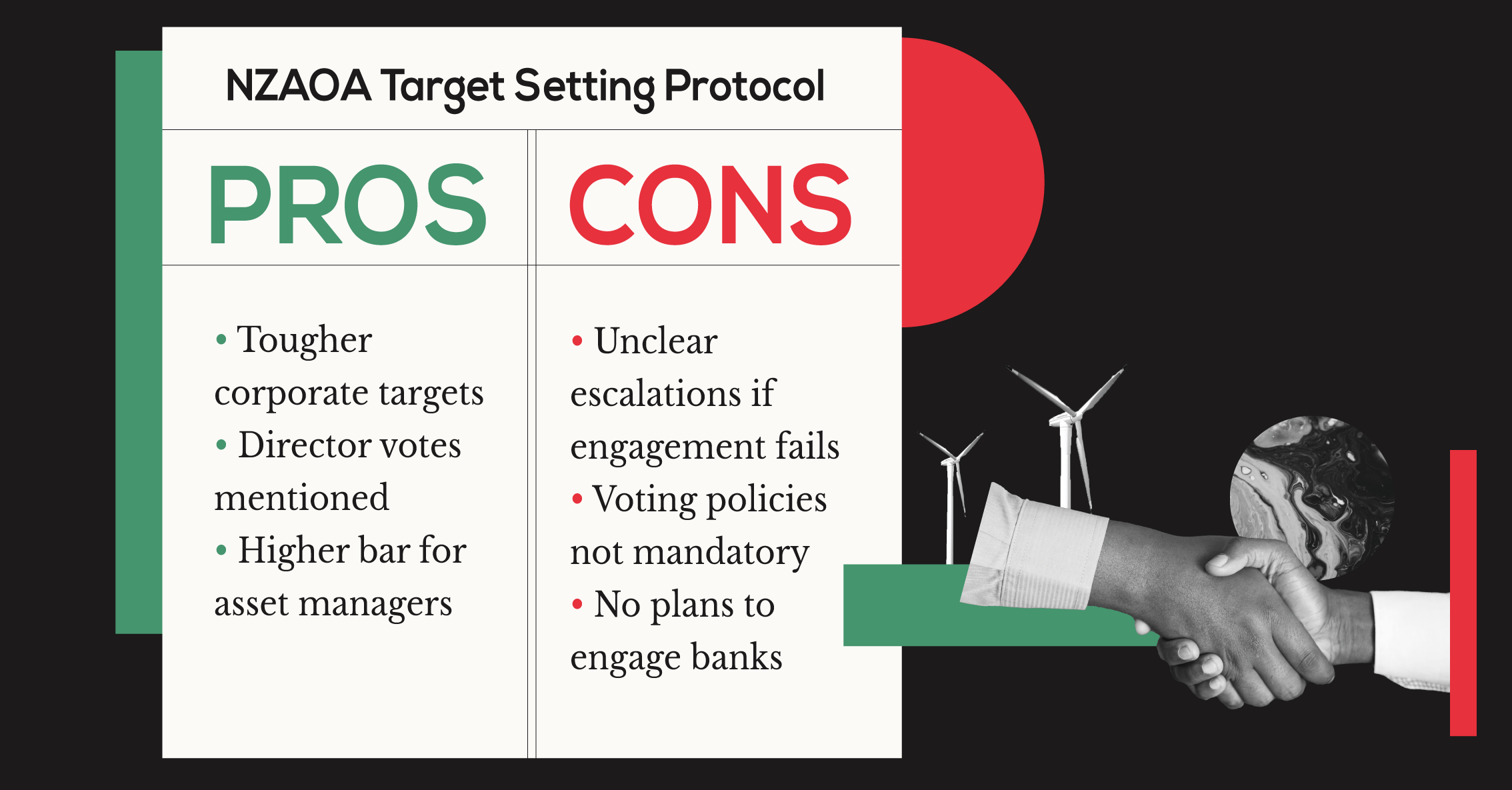
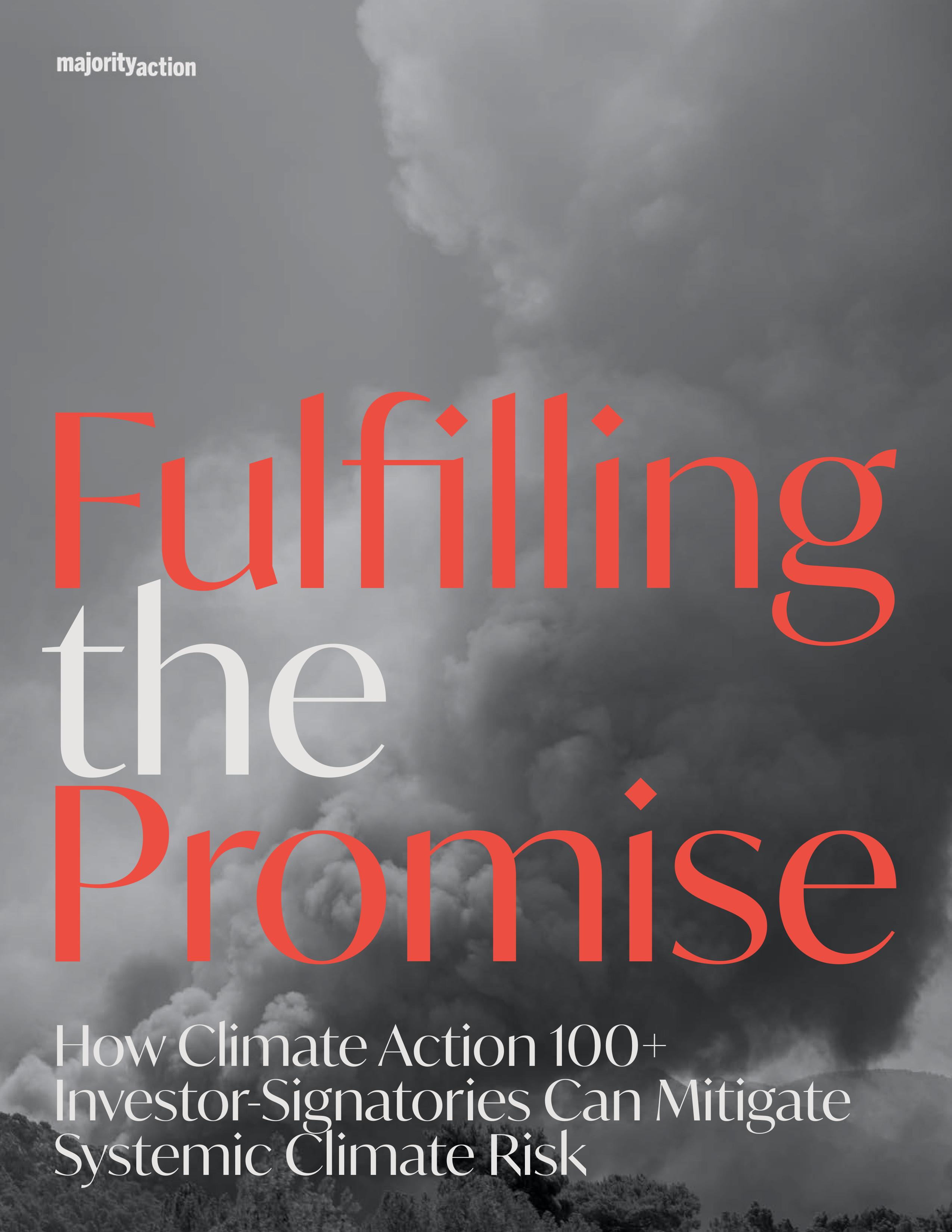


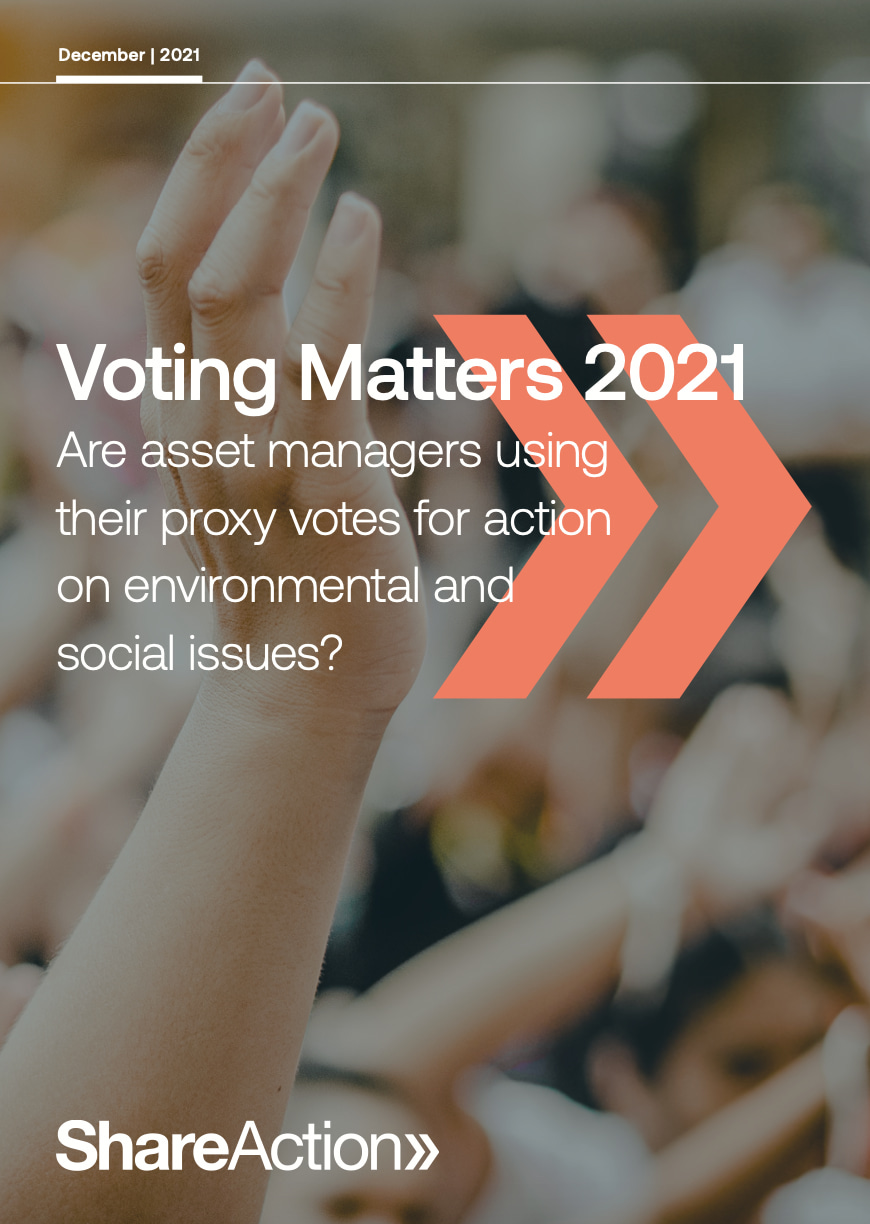






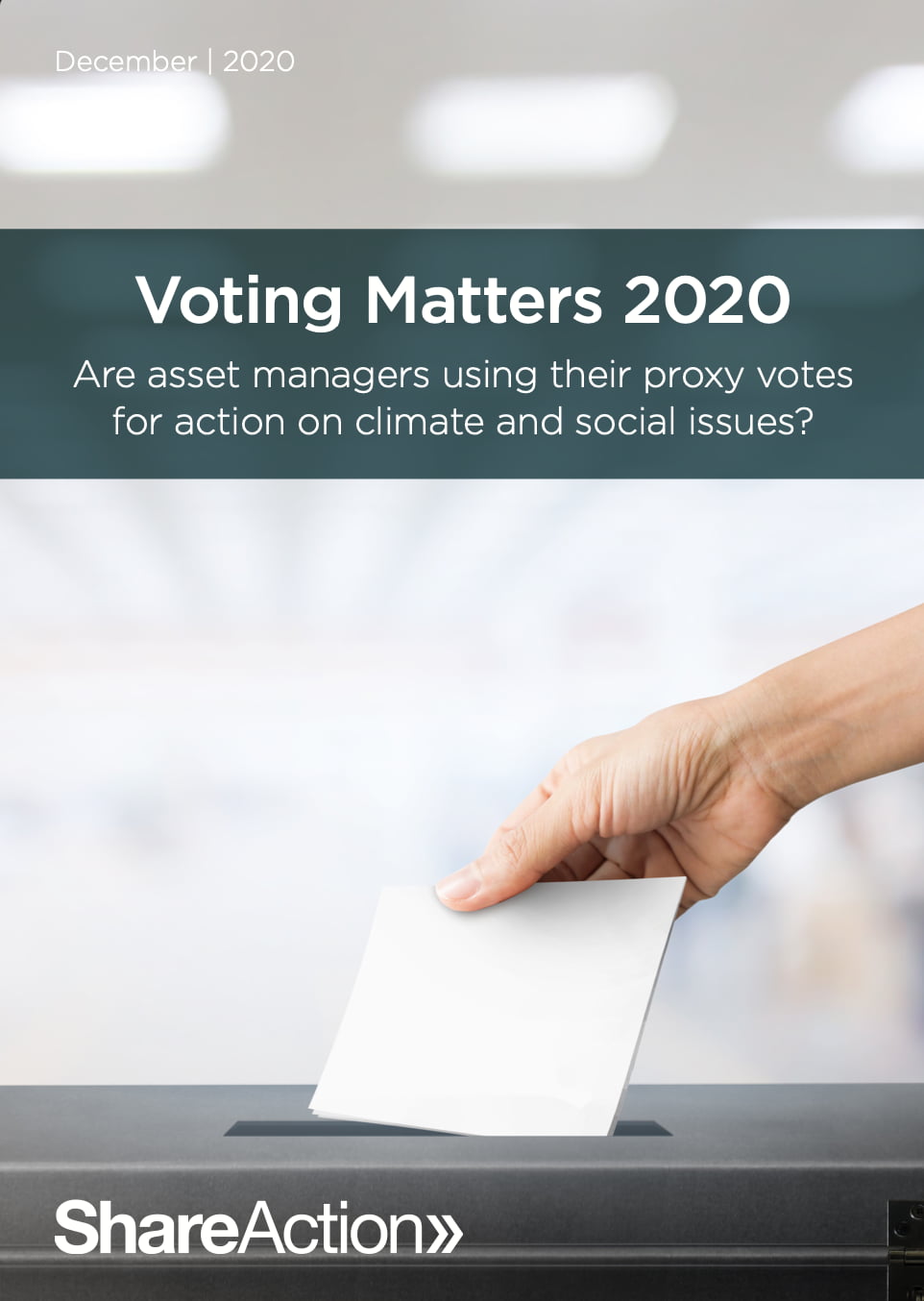

Share